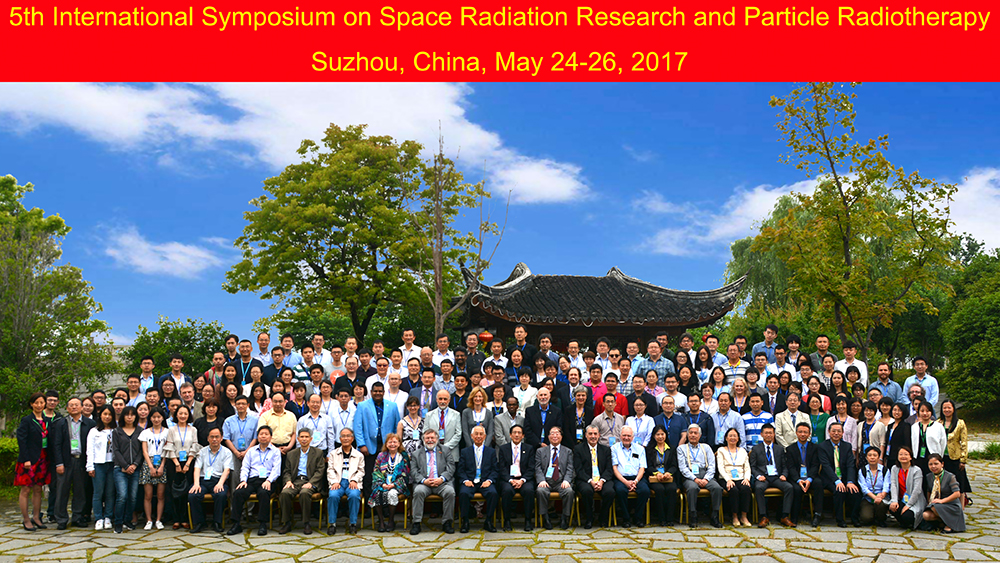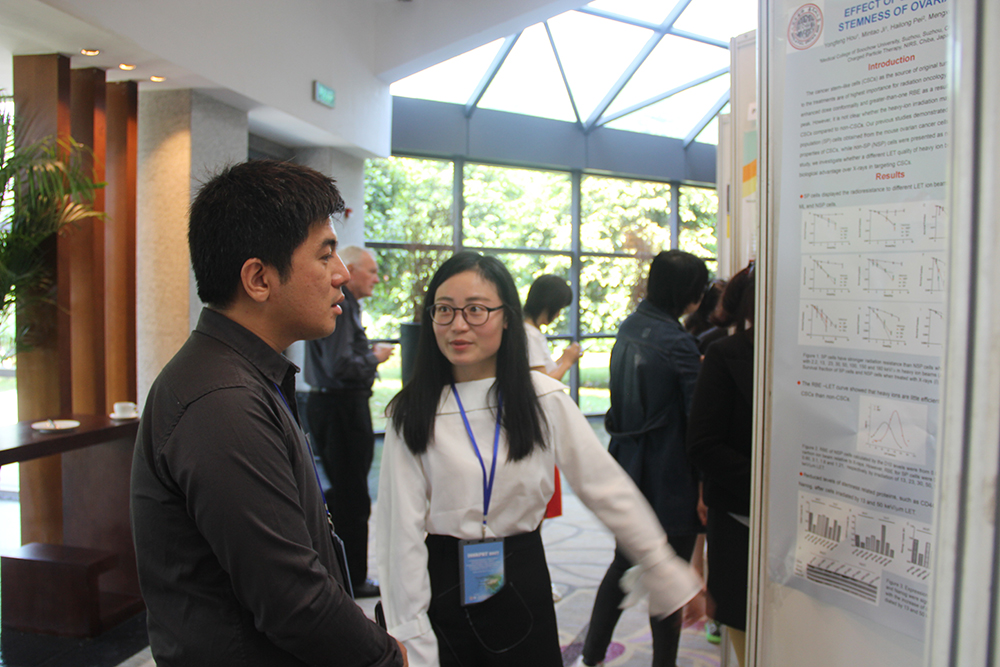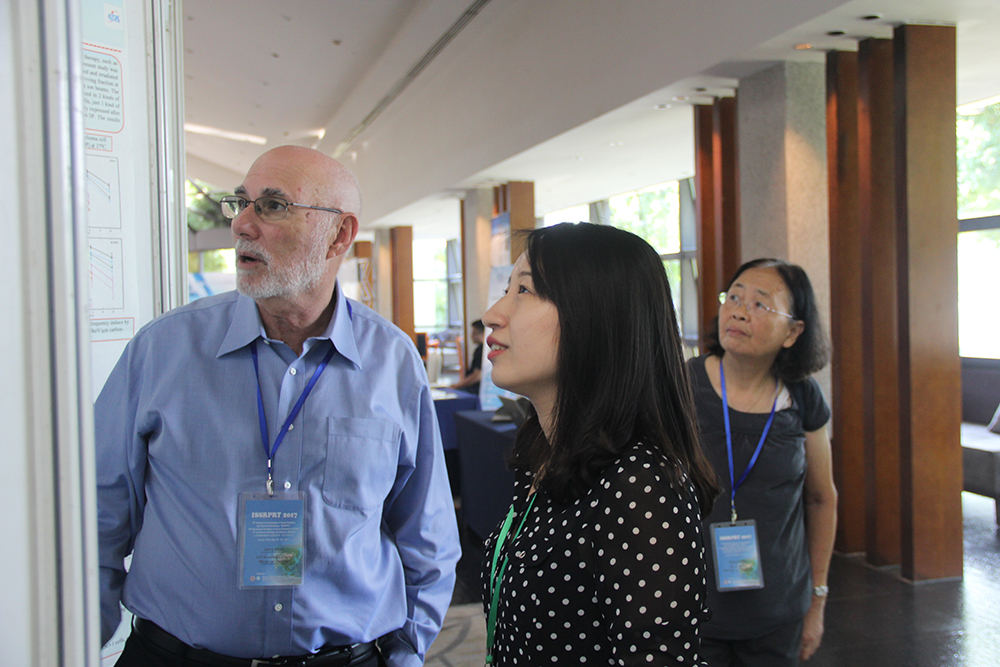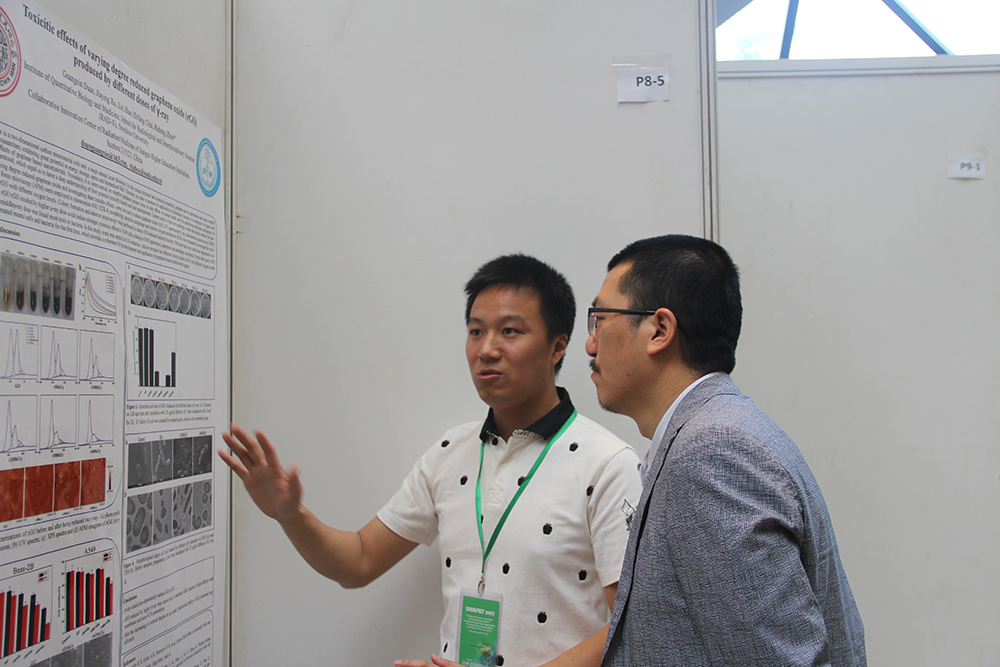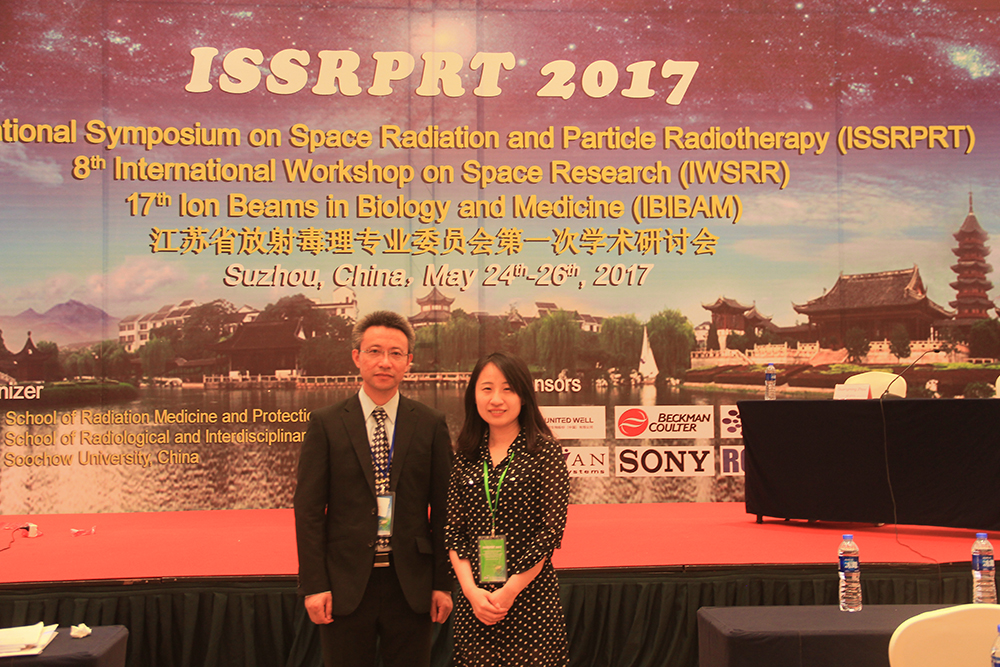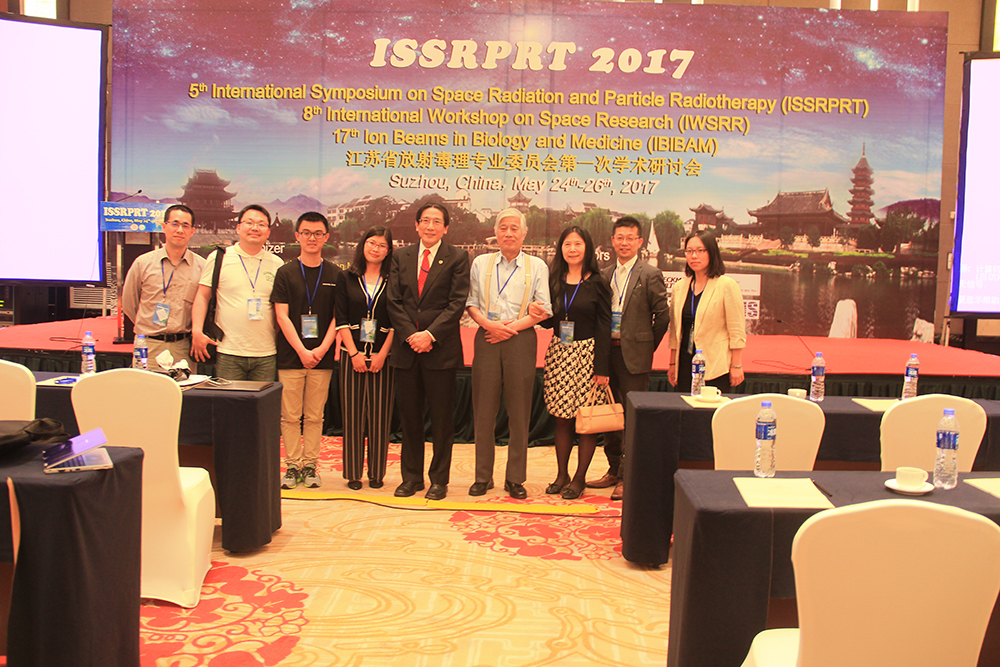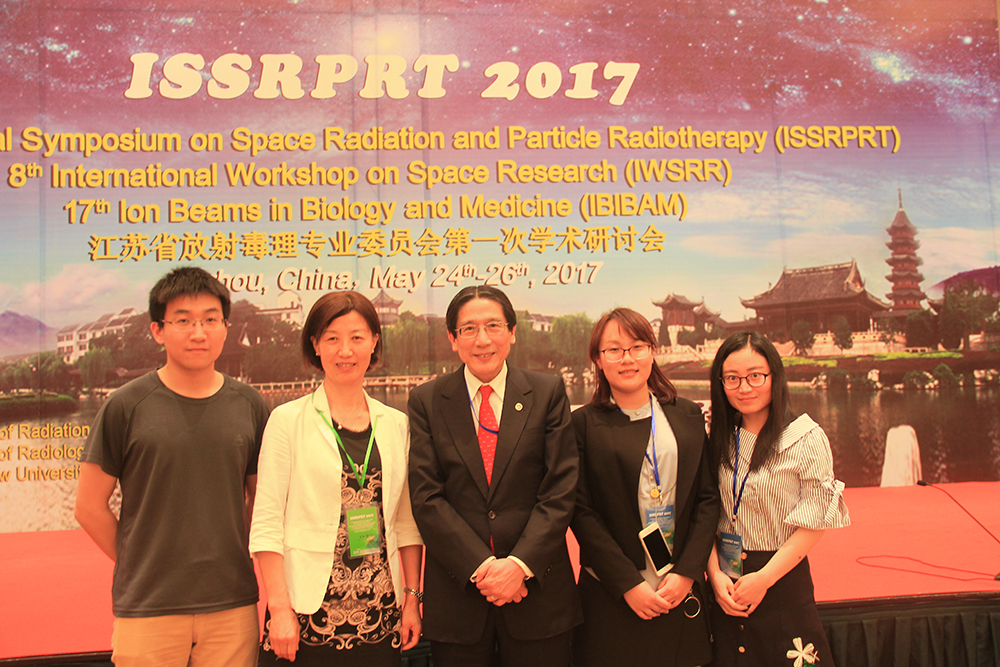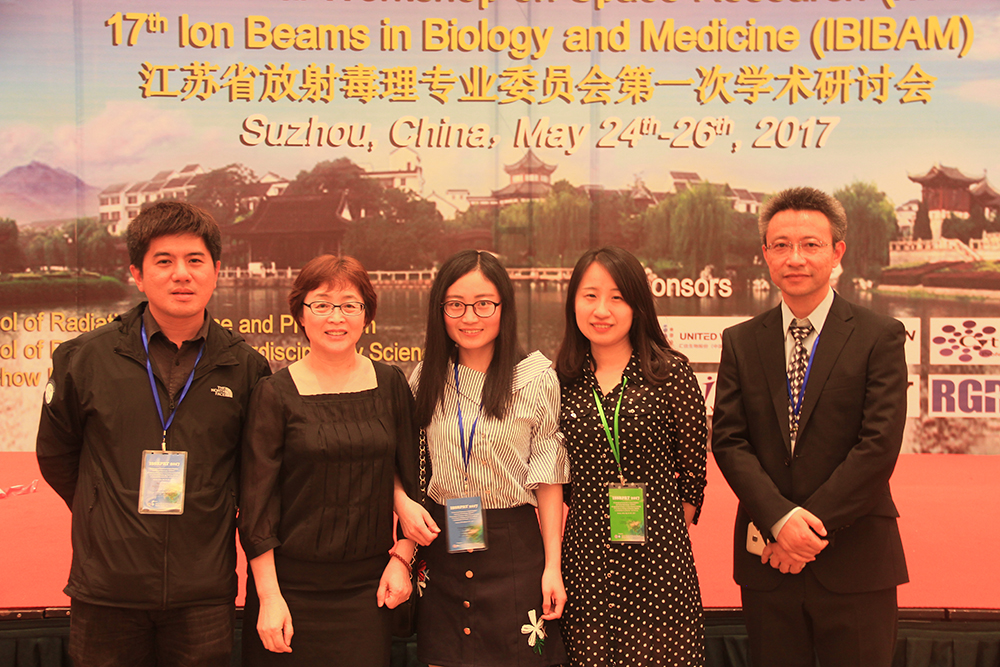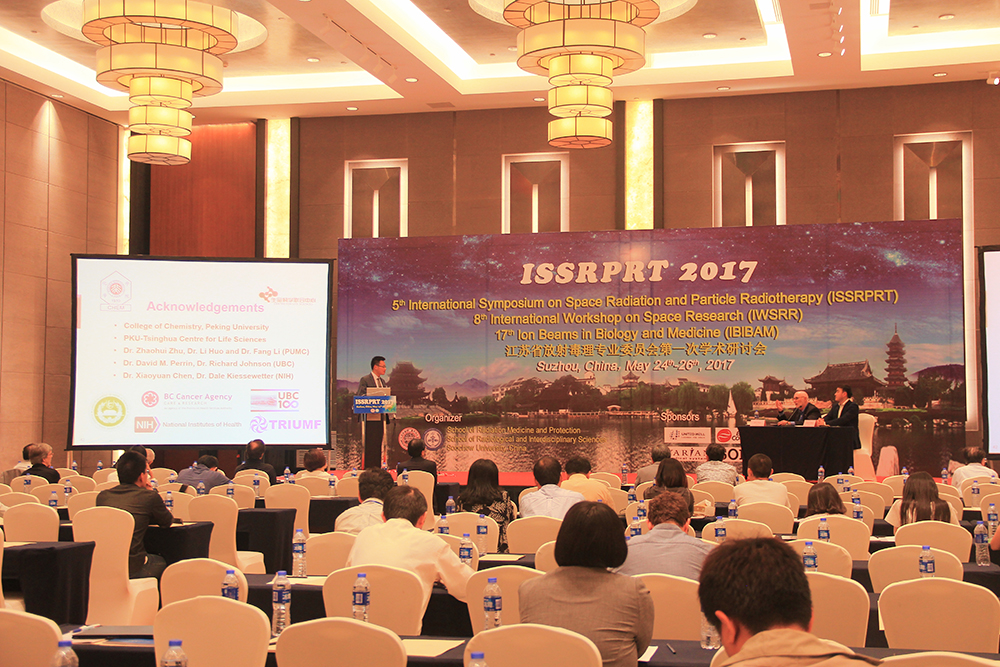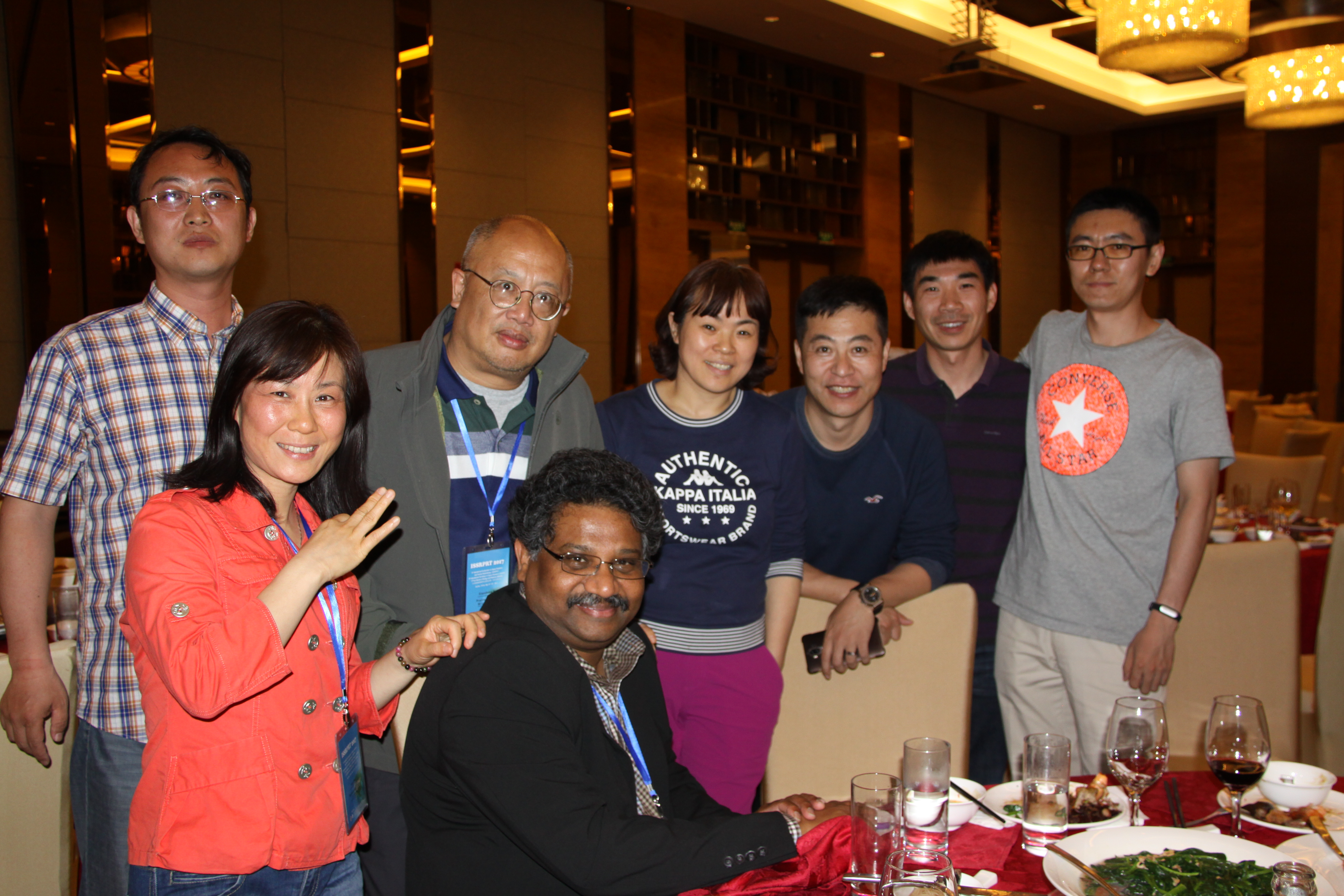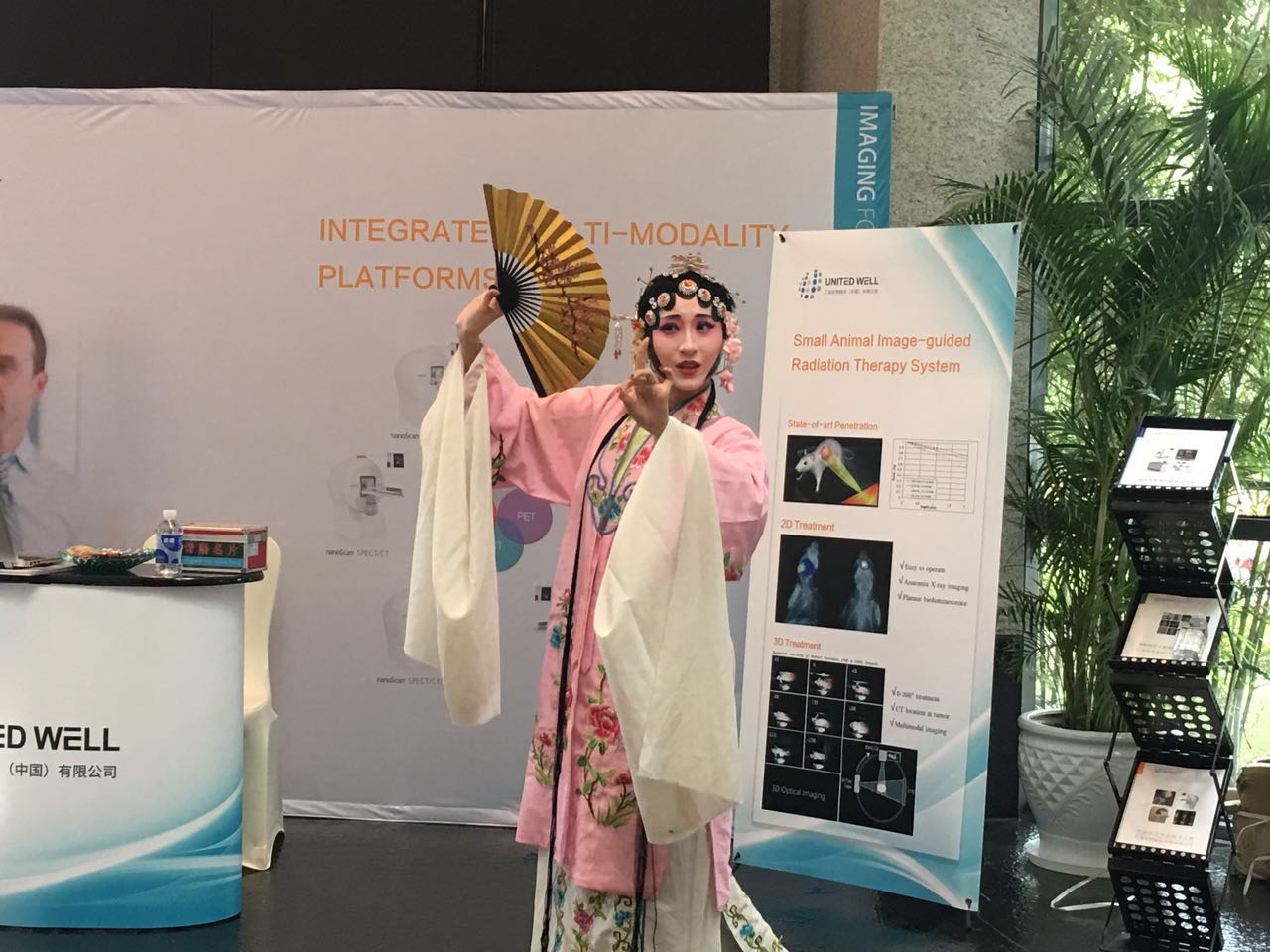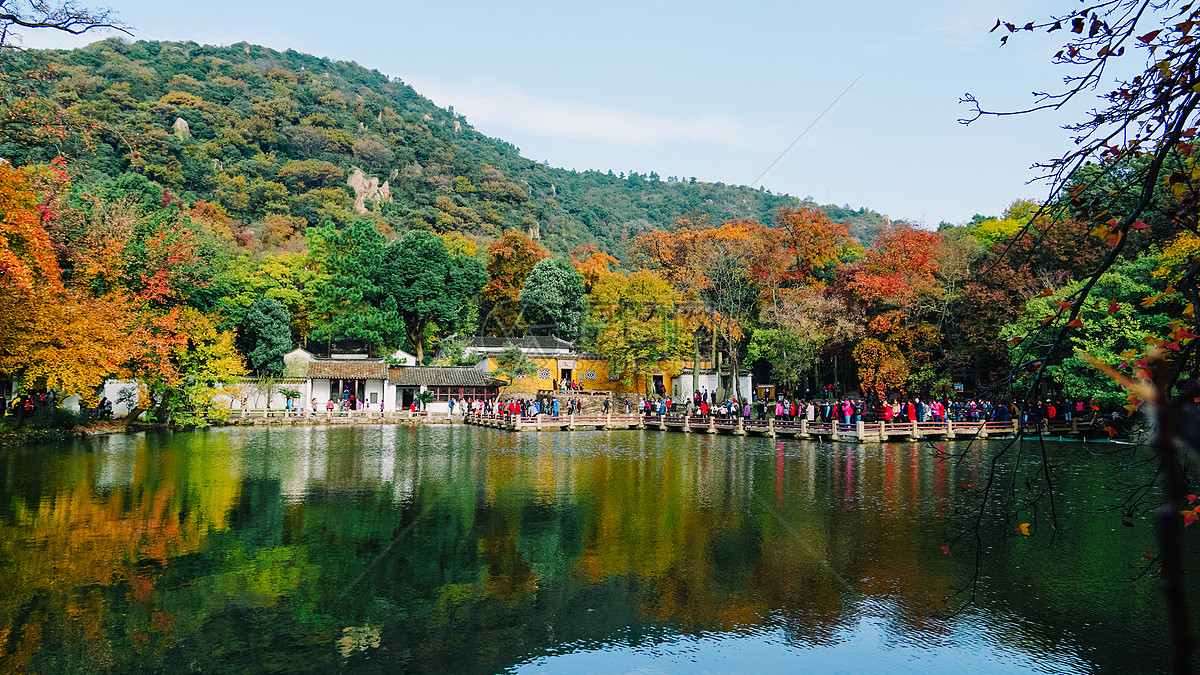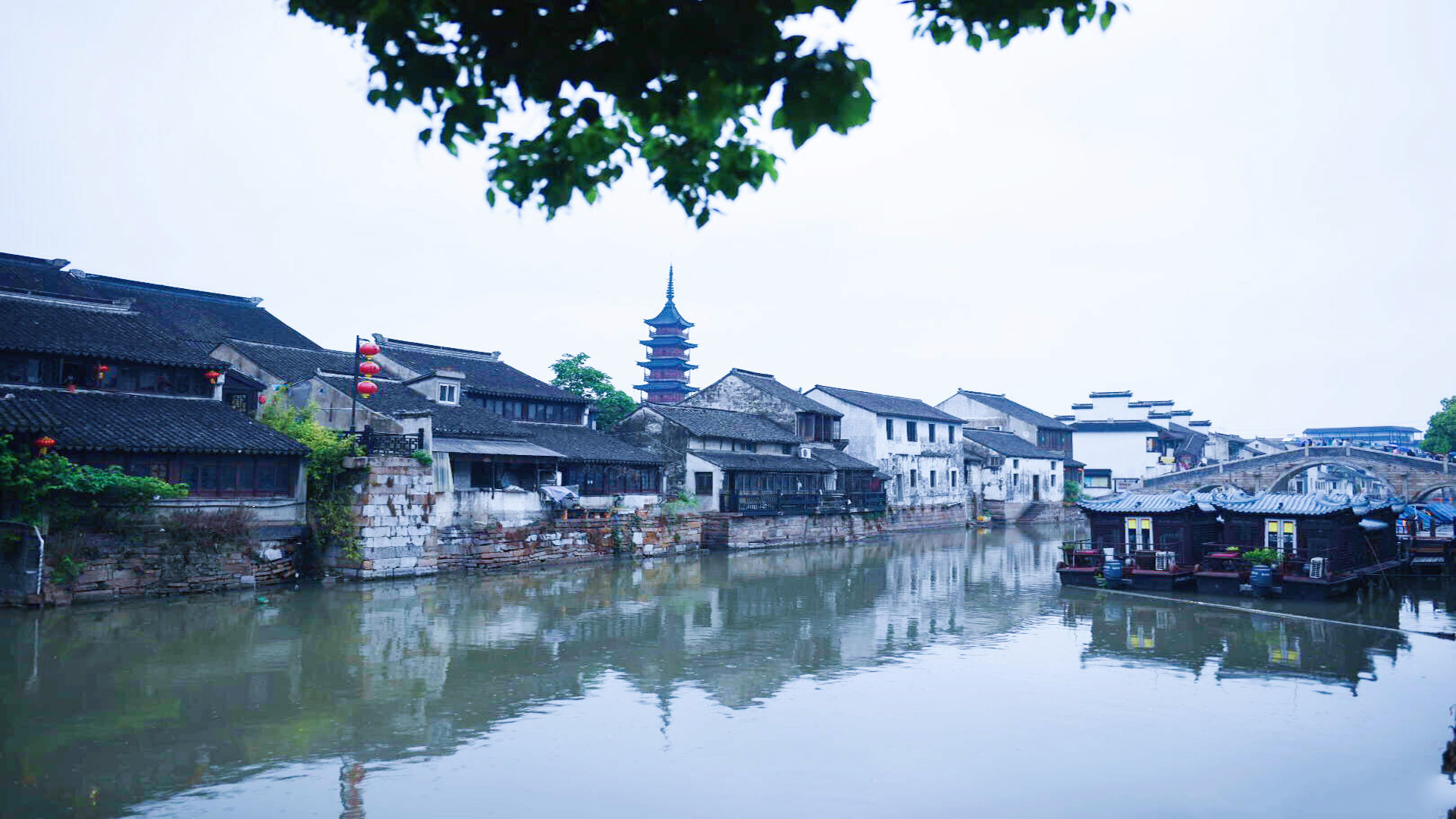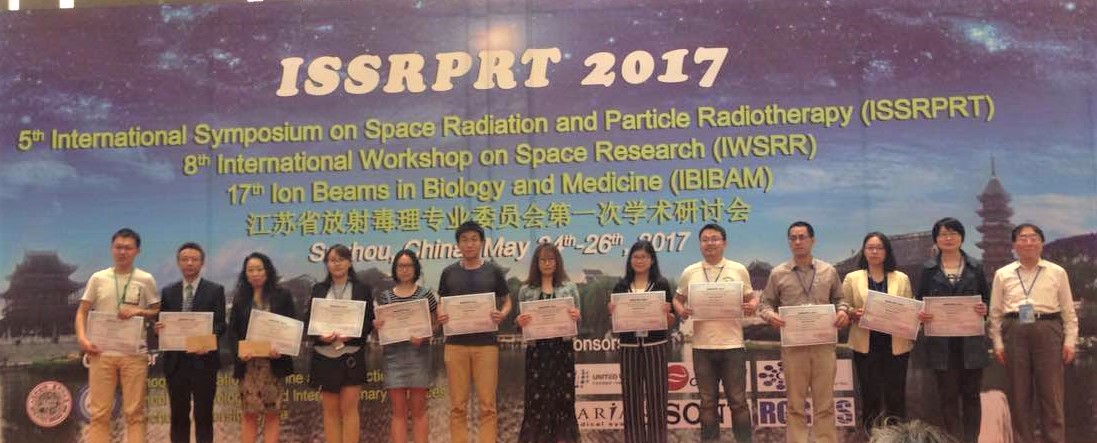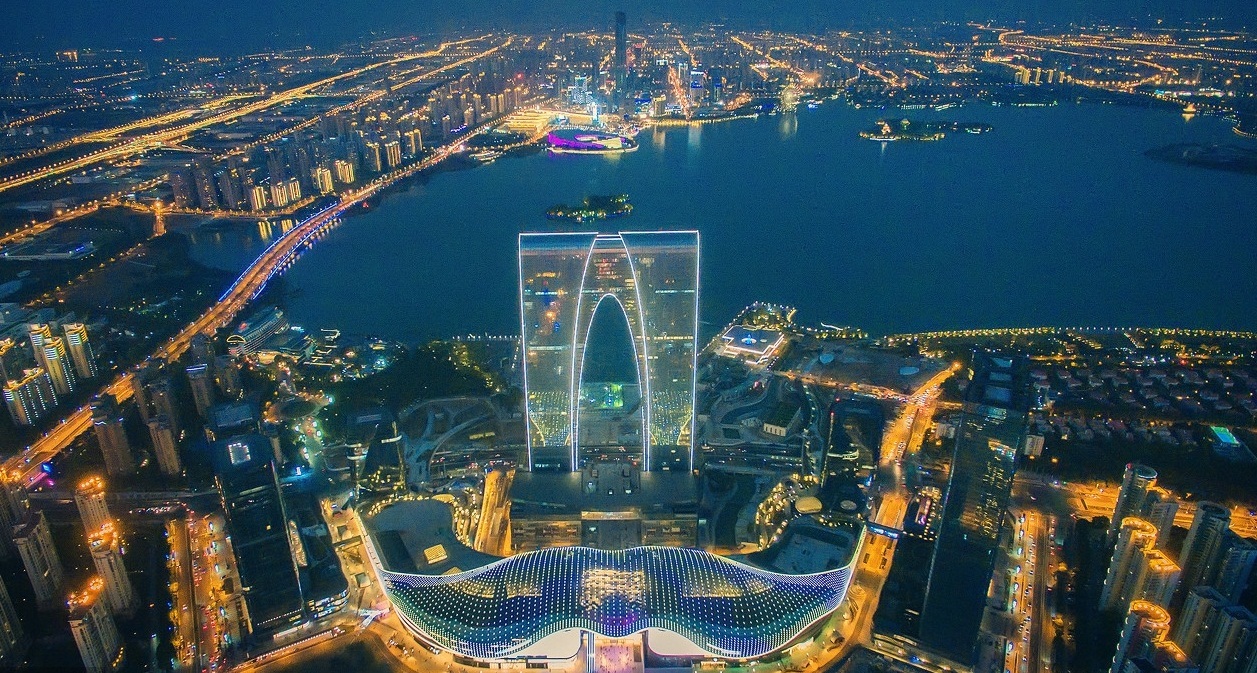31
Jul
Abstract submission: Before Jul. 31th
Early registration: Before Jun. 30th
Late registration: Before Aug. 31th
21
Sep
Sept. 22th
22
Sep
At 9:00 on Sept. 22th
24
Sep
At 16:00 on Sept. 24th



Dear Colleagues,
It is our great pleasure and an honor to extend a warm invitation to you to join us for the 9th International Symposium on Space Radiation and Particle Radiotherapy (ISSRPRT), which will be held in Suzhou, China from September 22nd to 24th, 2024.
The meeting will also include the following parallel scientific gatherings:
- 2nd Chinese Summit on Space Radiation Research,
- Chinese Workshop on Clock Biology,
- Annual Meeting of the Jiangsu Association of Radiation Toxicology.
This will be the 22nd anniversary of the ISSRPRT meeting series, which was first held in Arona, Italy, in 2000 with subsequent meetings being held in Japan, USA, Russia, Germany, and China. In the last few years, exciting discoveries and events in space research have been made, including Hayabusa from Japan and OSIRIS-Rex from United States that landed on Bennu; international space agencies are pursing mission returning to the Earth’s moon, meanwhile Starliner from Boeing and Crewed Dragon from SpaceX have sent tourists to space. NASA has now initiated the Artemis program, which includes missions to bring the first woman and next man to the moon onboard the ORION spacecraft. In the past few years, China has successfully built a space station and announced her plan to land on the Moon by 2030. Similarly, NASA and other space agencies are planning missions to the Moon and Mars. These events stimulate humanity’s interest in space exploration and the pursuance on the origin of life.
Exposure to space radiation, in particular Galactic cosmic rays, is a major concern for human health during long duration space travel. On the other hand, similar particles have been found to have beneficial effects on Earth, increasingly being used in cancer radiotherapy. In China alone, about 15 contracts for the construction of new particle therapy facilities were signed in the past years and more are being planned, and there is growing interest for facilities in the USA, too. Space radiation research has made significant progress since 2000 with the expansion of ground-based accelerator facilities, the development of space radiation quality factors and detailed cancer risk uncertainty assessments, establishment of cognitive detriments as an important risk factor, and the first radiation measurements on the surface of Mars. The 9th International Symposium will be an opportunity to discuss critical research areas and solution methods for the next 20 years of heavy ion research. With this as a backdrop, we hope you will join us in Suzhou to share your recent findings and thoughts on improving the efficacy and safety of particle radiotherapy and advancing research in the assessment and mitigation of the risks from space radiation.
On behalf of the Organizing and Program Committees, we cordially invite you to join us in Suzhou for both formal and informal discussions on the state of research in space radiation and particle therapy. Please mark your calendar for this special event. For more details, please visit the conference website at www.issrprt.com and feel free to share this invitation with your colleagues who may be interested in these areas.
Sincerely,
Zhifang Chai, Francis Cucinotta, Tom K. Hei, Guenther Reitz, and Guangming Zhou
Presidents of the 9th International Symposium on Space Radiation and Particle Therapy
